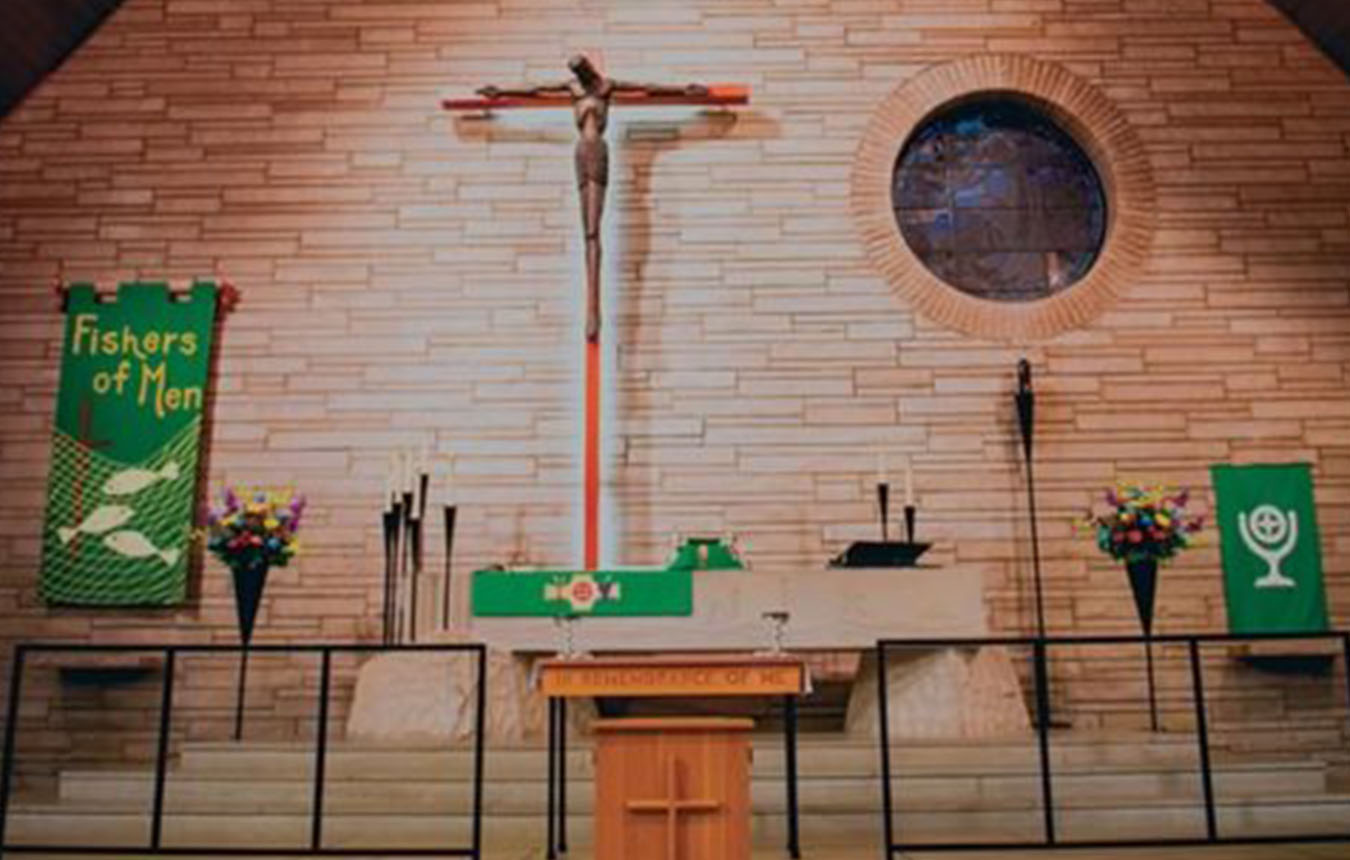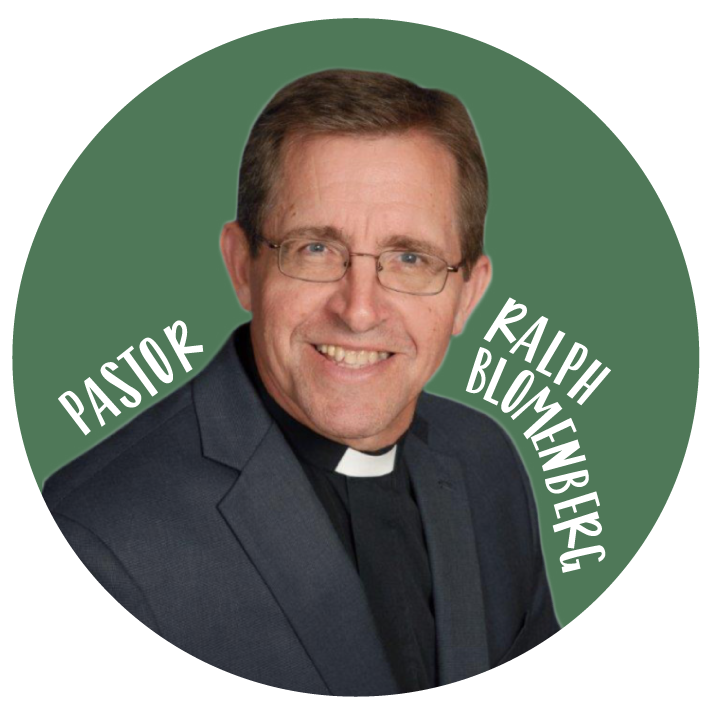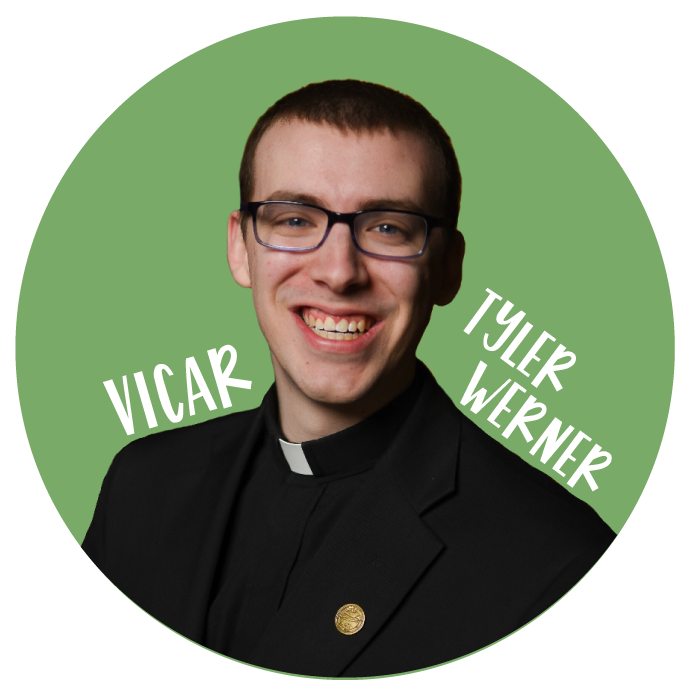
Concordia Seminary Newsroom
Helpers for the harvest
One pastor's commitment to discipling vicars to preserve a legacy of faith

The decision to break ground was a calculated one, and there was no time to lose. It was mid-winter when the 11 men held their first organized meeting. Though the frozen earth would not be penetrable for weeks, the men were planning for the future. Many were farmers, after all, and they knew winter wouldn’t last forever. What they hoped to accomplish by June had to begin in February. Besides, they faced an obstacle even greater than the weather: building the church would cost $3,500 — roughly $65,000 in today’s economy. But the men were motivated by a shared vision: to provide the citizens of Seymour, Ind., with a Lutheran house of worship. They wasted no time. Immediately following their first meeting, trustees scouted the surrounding area for a site. Four months later, the snow and ice melted and ground was broken for the Deutsche Evangelisch-Lutherische Imanuels Kirche.
The year was 1870.
As the years passed, the founders of the church put their hands to other endeavors. Among them were merchants, landowners and local officials. But they all had one thing in common: commitment to their faith and community. Just four years after the church opened, its members were building again. This time, they had set their sights on opening a parochial school, and it was clear that the community was in favor. Within the decade, the school offered instruction in both German and English to nearly 100 students, and members were considering expansion of both church and school.
 Over the past 148 years, leadership of the church has passed through the hands of 11 faithful Lutheran pastors. Today, Dr. Ralph Blomenberg reflects on how much has changed (including the church’s name) even as the essentials have remained the same.
Over the past 148 years, leadership of the church has passed through the hands of 11 faithful Lutheran pastors. Today, Dr. Ralph Blomenberg reflects on how much has changed (including the church’s name) even as the essentials have remained the same.
“We share a remarkable unity of purpose here at Immanuel Lutheran Church,” Blomenberg says. The mission statement of the church has long been “to connect people to the life, calling and community of Christ.” This was the guiding principle four years ago, when the church continued in the tradition of its founders and decided to start a full-time infant daycare ministry in addition to its grade 1-8 Lutheran school. Members have also heartily supported the vicarage program from its infancy.
Today, Blomenberg says that vicars are an instrumental part in serving the broader community. Since he accepted the call to Immanuel in 1985, Blomenberg has mentored 21 aspiring pastors and says they have each made a unique contribution to the church and community.
“Each student is different,” he says. “Each one comes with his own experiences in family, work and church.” Blomenberg makes it a point to discover and draw out the strengths of each student.
“My goal is to give vicars opportunities to put theology into
practice,” Blomenberg says. Third-year seminarian Tyler Werner can attest to this; he is the current vicar serving at Immanuel. Werner says that he has had ample opportunities to grow as a servant-leader. In fact, Werner recently launched a ministry called “Holy Hops,” a weekly gathering at a popular tavern.
 Werner says that the purpose of Holy Hops is his attempt to live out Immanuel’s mission. “Holy Hops is a way for us to connect with people in a comfortable setting, where they can add to the discussion on pressing topics and issues,” Werner explains. “Most importantly, Holy Hops offers people a way to hear Jesus’ Gospel message!”
Werner says that the purpose of Holy Hops is his attempt to live out Immanuel’s mission. “Holy Hops is a way for us to connect with people in a comfortable setting, where they can add to the discussion on pressing topics and issues,” Werner explains. “Most importantly, Holy Hops offers people a way to hear Jesus’ Gospel message!”
Leading the Holy Hops group has been rewarding, but Werner says the best thing about his vicarage has been watching Blomenberg lead by example. “Pastor Blomenberg has shown me what it means to serve,” Werner says. “He models how to care for each member as well as how to be an integral part of the broader community.”
The vicarage experience at Immanuel is rigorously tailored to the individual needs of each student, and it requires sacrifice
and intentionality on the part of the vicarage supervisor.
“Some years ago, we implemented a ‘rotation’ program based on how training is done for physicians,” Blomenberg explains. In this program, vicars explore and participate in many aspects of parish ministry. Each month the vicar is exposed more intensively to a specific facet of ministry, such as funerals and grief support, weddings and counseling, administration and stewardship. And every vicar serves the broader community in some way. “By preparing students through vicarage, we are connecting with and edifying the churches and communities they will one day serve as pastors,” he says. “The training our vicars receive today ripples into the next generation.”
When the original members of Deutsche Evangelisch-Lutherische Imanuels Kirche first walked through its doors, they were united by their commitment to faith and community. Today’s members are reaping the harvest planted nearly 150 years ago. Just as the 11 founders faced harsh conditions, so subsequent members have faced their own periods of hardship. Immanuel has served the citizens of Seymour through times of economic upheaval and social change. The members have proven that unity, faith and service will stand up to the test of time.
Vicars serve both church and community as an extension of this legacy. And when students walk out the doors of Immanuel for the last time, they do so prepared for a future of service.
This article was written by a communications specialist at Concordia Seminary, St. Louis.